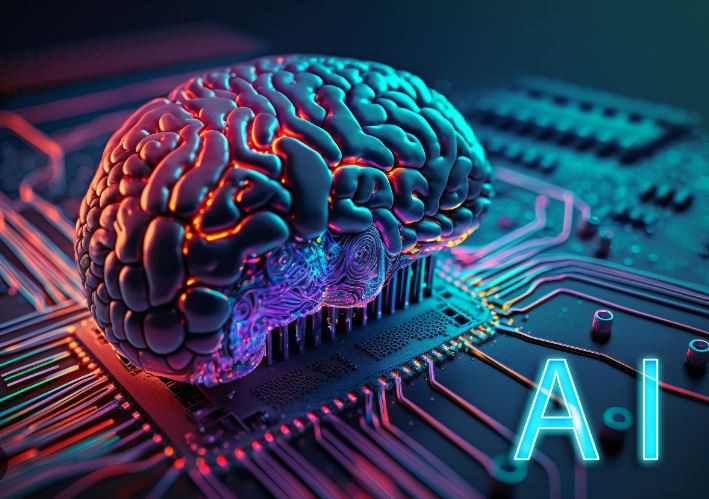Artificial intelligence (AI) has been revolutionizing various industries, and the impact is also significant in the realm of desktop computer software. AI technology has transformed the way software is developed, utilized, and optimized, leading to enhanced user experiences and improved productivity. Let’s explore the various ways in which AI has influenced desktop computer software.
1. Automation: AI has brought automation to desktop software, making tasks more efficient and reducing manual efforts. With AI-powered automation, repetitive and time-consuming tasks can be handled swiftly, freeing up valuable human resources to focus on more complex and creative work. This has greatly accelerated workflows and boosted productivity in industries such as finance, healthcare, and manufacturing.
2. Natural Language Processing (NLP): NLP, a subfield of AI, has enhanced the user interface of desktop software. Voice recognition technology, powered by NLP algorithms, allows users to interact with software using natural language commands, reducing the need for complex interfaces and making software more accessible to a wider range of users. This has resulted in improved user experiences and increased usability.
3. Machine Learning (ML): ML algorithms have significantly impacted desktop software by enabling applications to learn from data and improve their performance over time. ML algorithms can analyze large amounts of data, identify patterns, and make predictions or recommendations. This has been particularly useful in areas such as data analysis, image and speech recognition, and cybersecurity, where software can now provide accurate insights and predictions.
4. Intelligent Personal Assistants: Software developers have integrated intelligent personal assistants, such as Siri and Cortana, into desktop software, making it more intuitive and interactive. These assistants can perform tasks, provide information, and even learn user preferences to provide personalized recommendations. As AI continues to evolve, these assistants are becoming more intelligent and capable of handling complex tasks, further improving the user experience.
5. Enhanced Security: AI has also played a significant role in enhancing security features in desktop software. AI algorithms can detect and analyze patterns in real-time, helping to identify potential security threats and protect sensitive data. AI-powered antivirus and intrusion detection systems can effectively identify and neutralize threats, minimizing the risk of cyberattacks.
6. Predictive Analytics: Another area where AI has made an impact on desktop software is in predictive analytics. By analyzing historical and real-time data, AI algorithms can identify trends, forecast outcomes, and provide valuable insights for decision-making processes. This has proven beneficial in various industries like finance, marketing, and logistics, where accurate predictions are crucial for success.
In conclusion, the impact of AI on desktop computer software has been substantial. From automation and natural language processing to machine learning and intelligent personal assistants, AI has transformed desktop software into more efficient, intuitive, and personalized platforms. As AI technology continues to evolve, it is likely to bring even more advancements to desktop software, further enhancing user experiences and productivity.




